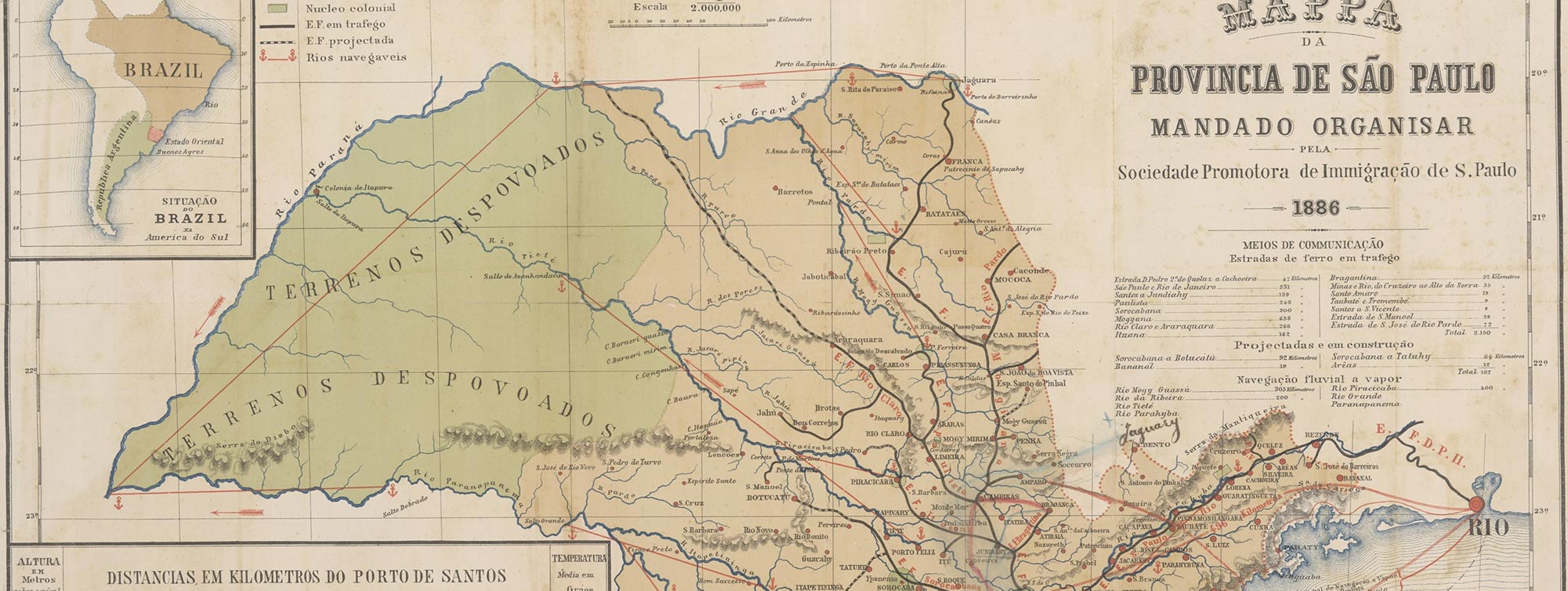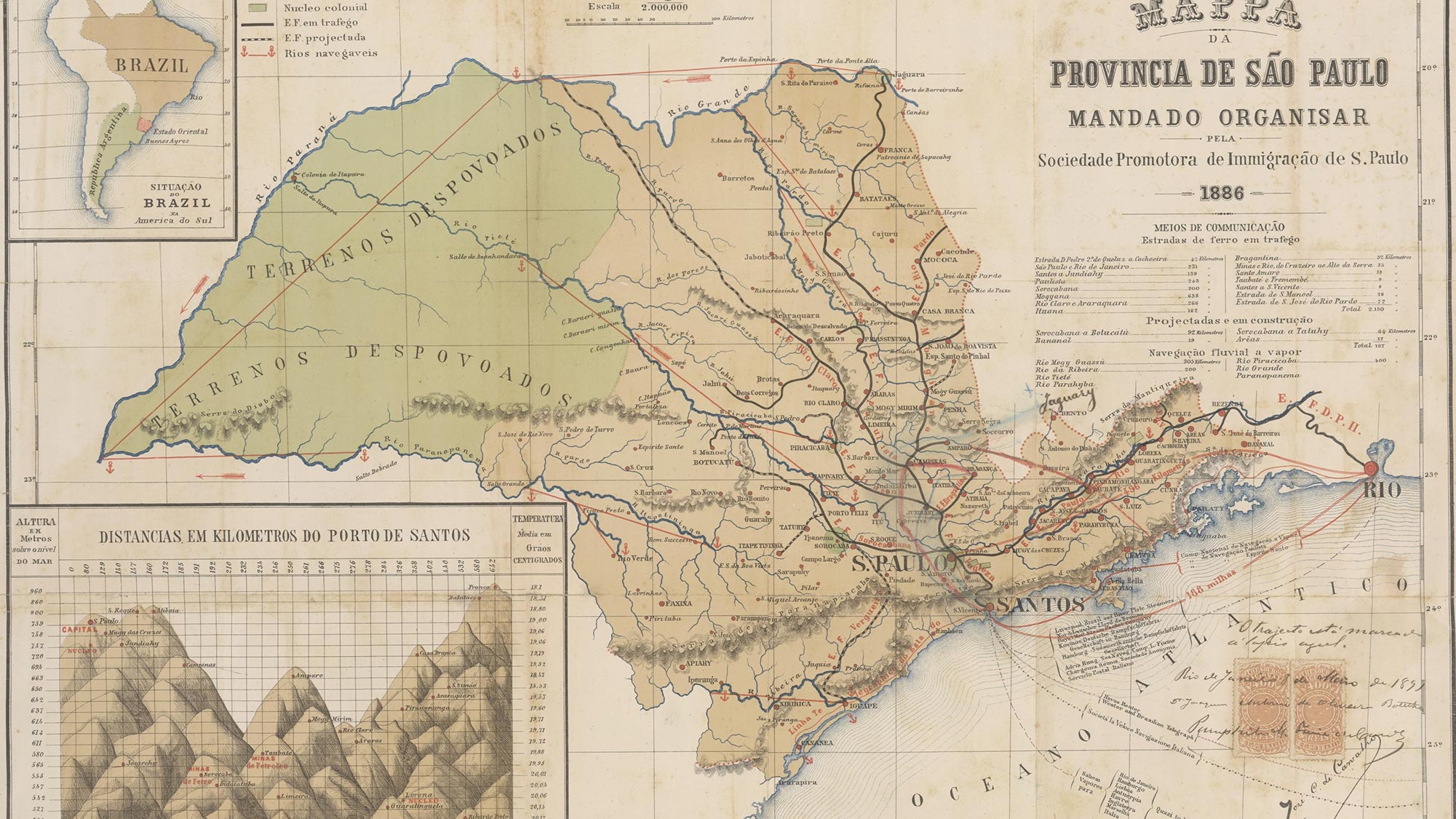Peopling for Profit: Colonization and the Brazilian Empire, 1808-1878
José Juan Pérez Meléndez
History
UC Davis
Covering an era of irregular rather than mass migrations, this book project traces the jostle between government and an emergent private sector to control what was quickly envisioned as a new niche market in migrants. The book follows government’s long learning curve in its regulatory efforts and in doing so details an ignored paradox not only in migration policy development but in Brazilian government-formation itself: namely, that Brazil’s transformation into a migrant nation and a demographic powerhouse had its origins in government’s deferral of regulatory capacities to private companies and their agents. The book thus moves past traditional portrayals of migration processes as epiphenomena of slavery’s undoing or by-products of the age of steam and mass migrations. It shows that government actively planned and directed migrations even before Brazilian independence. More importantly, it demonstrates that migrations were the result of the Brazilian government’s enthusiastic response to private lobbying. This relationship flourished into a burgeoning public-private partnership with colonization companies offering to settle migrants in Brazil recruited and transported from different parts of the world.


